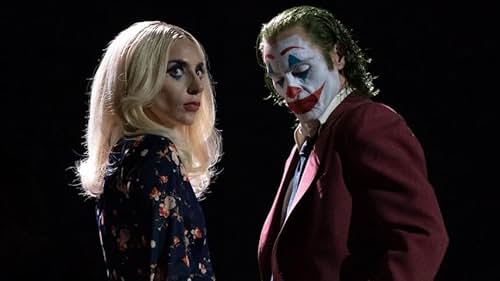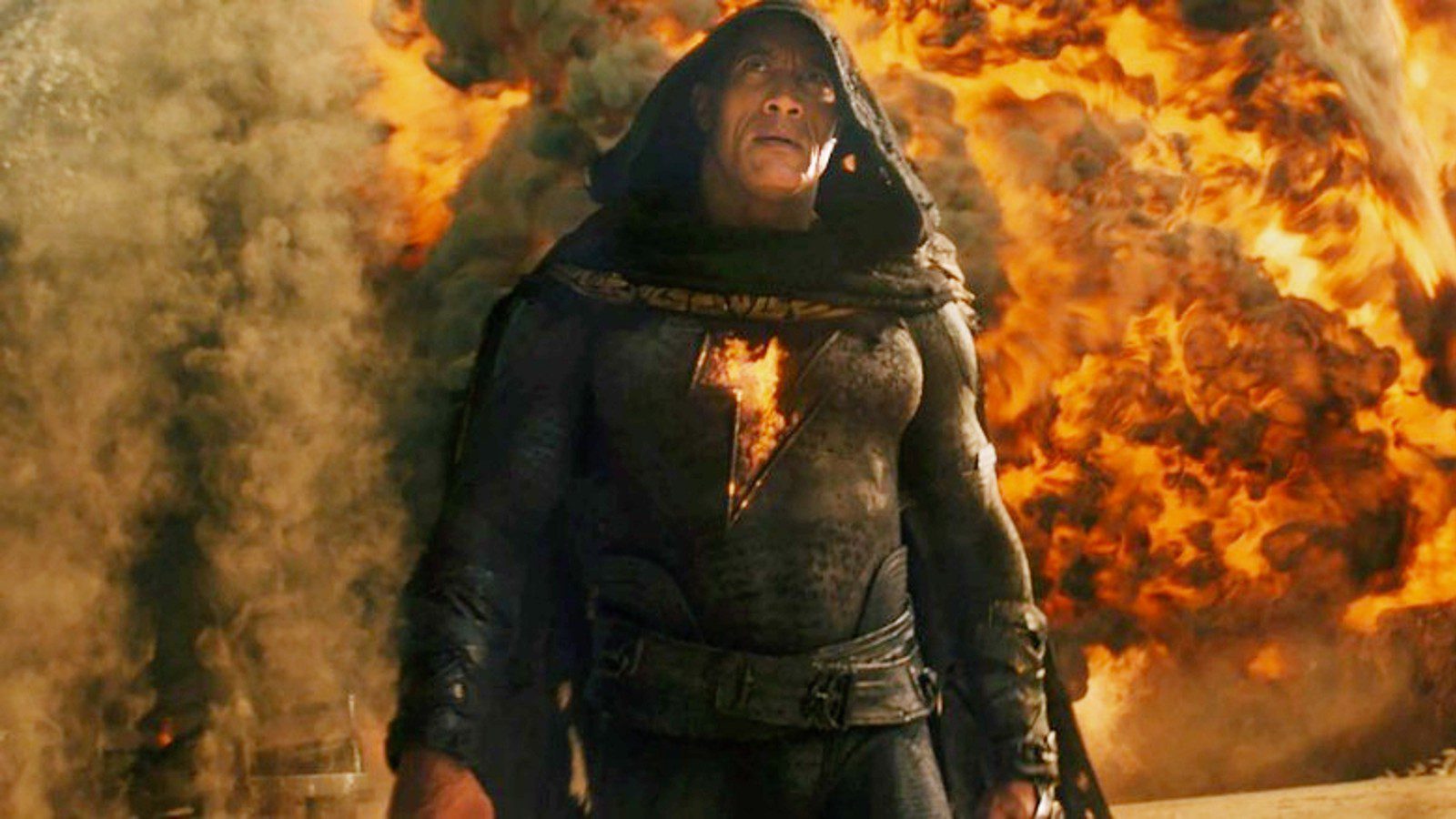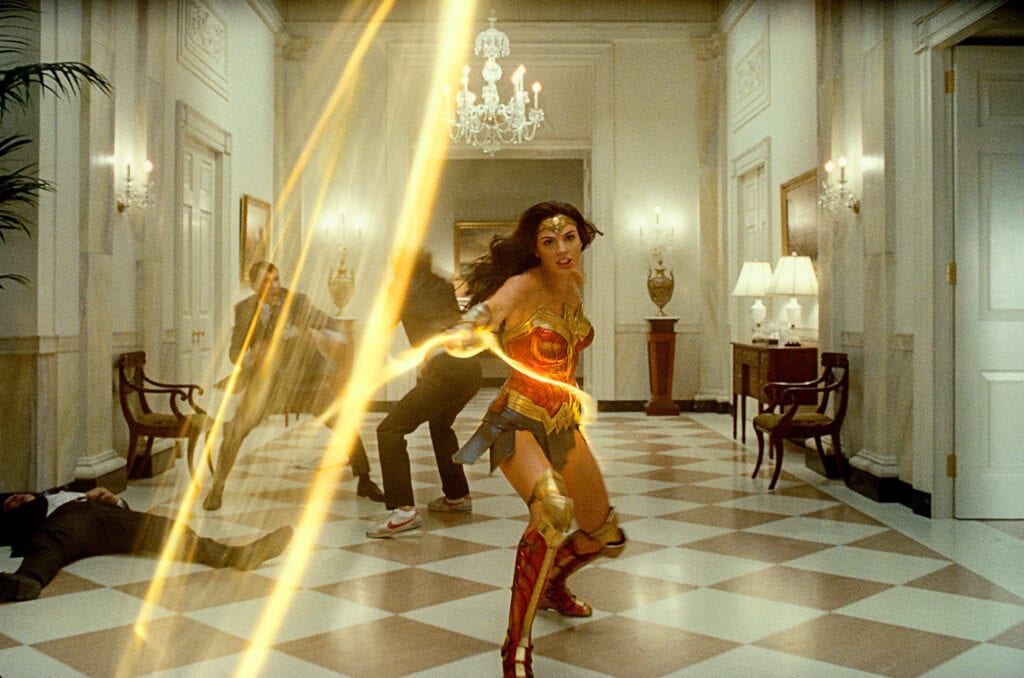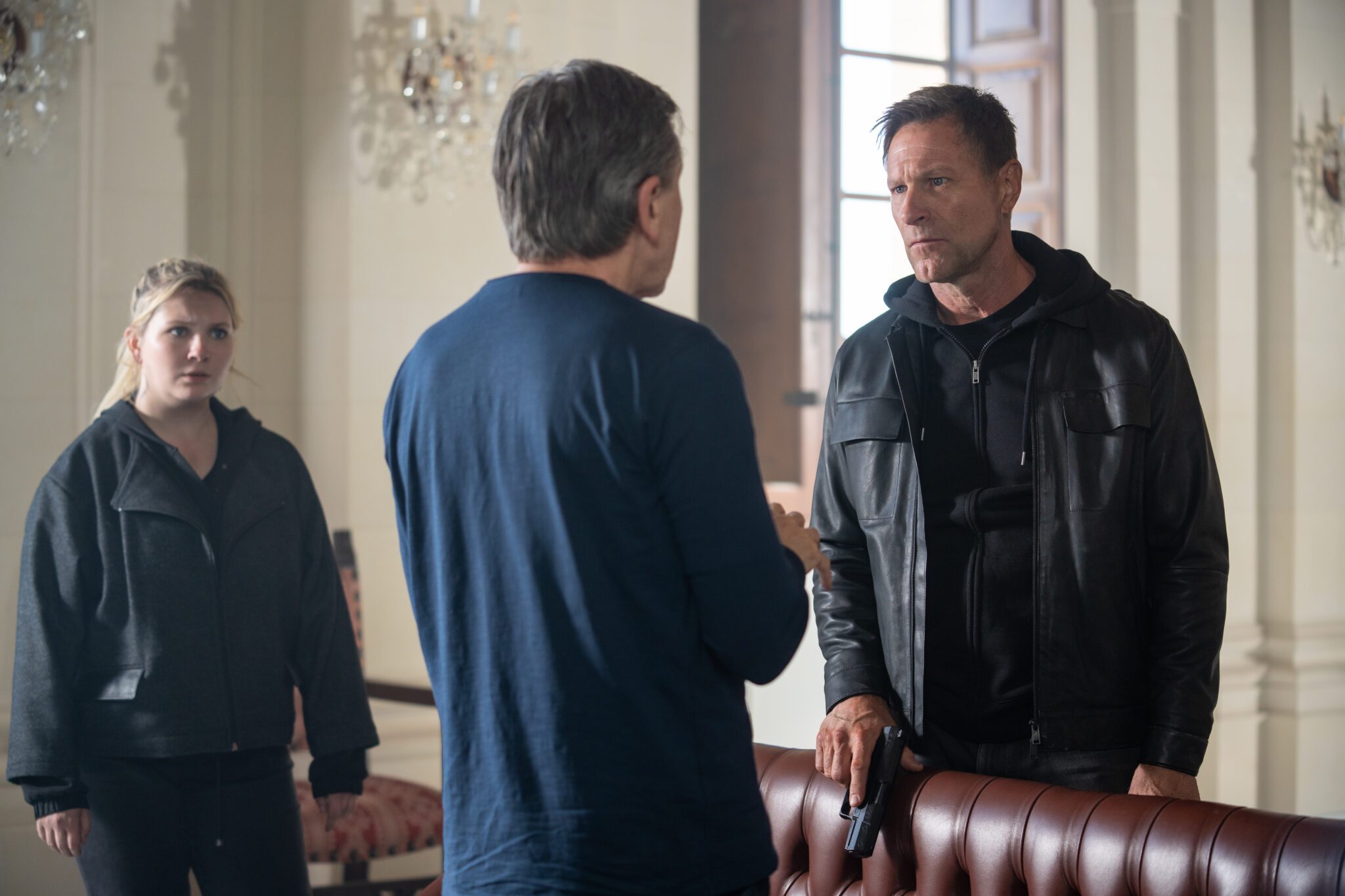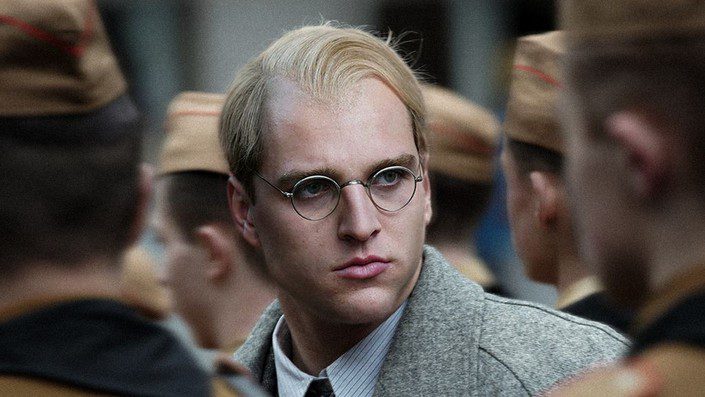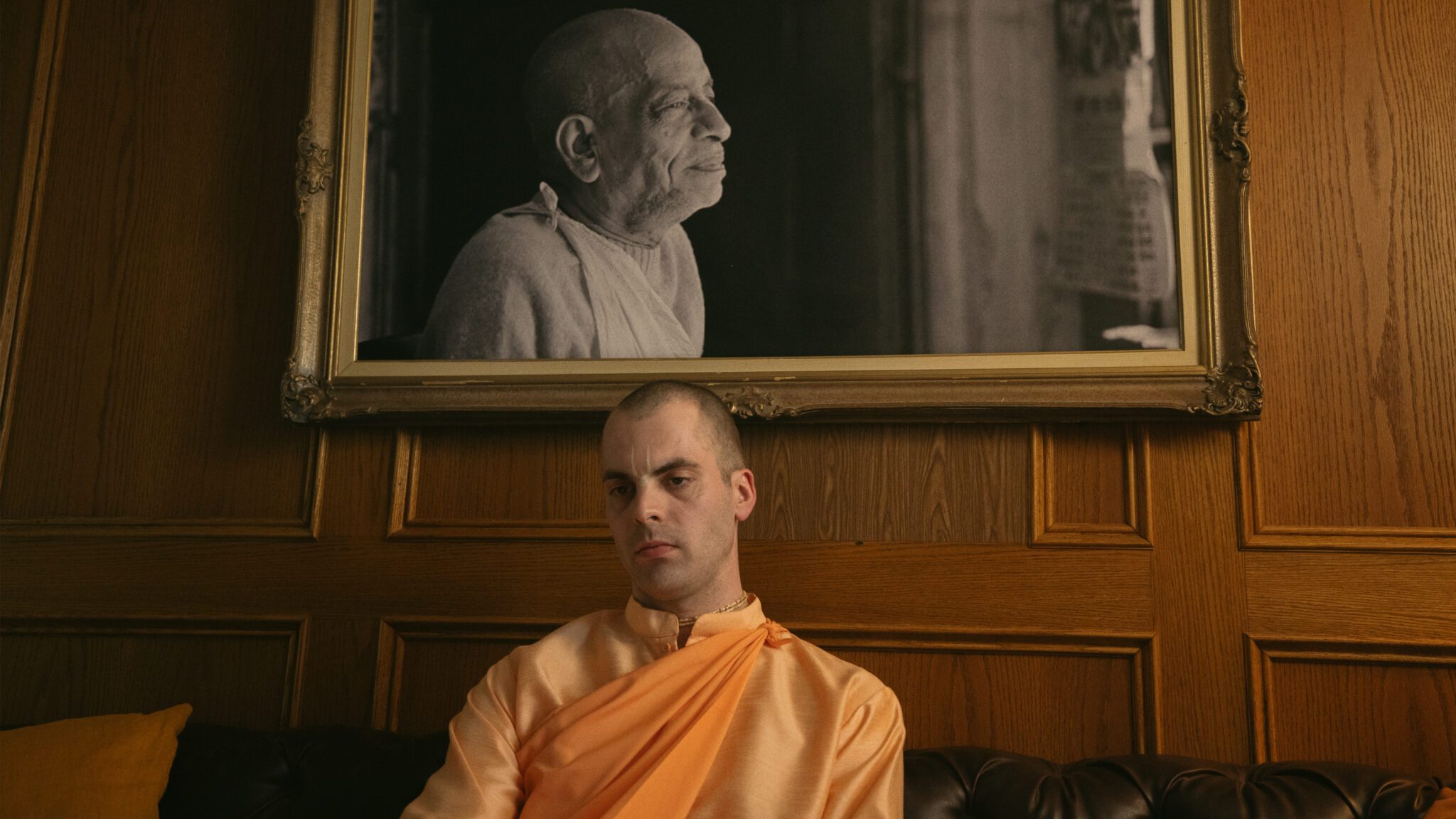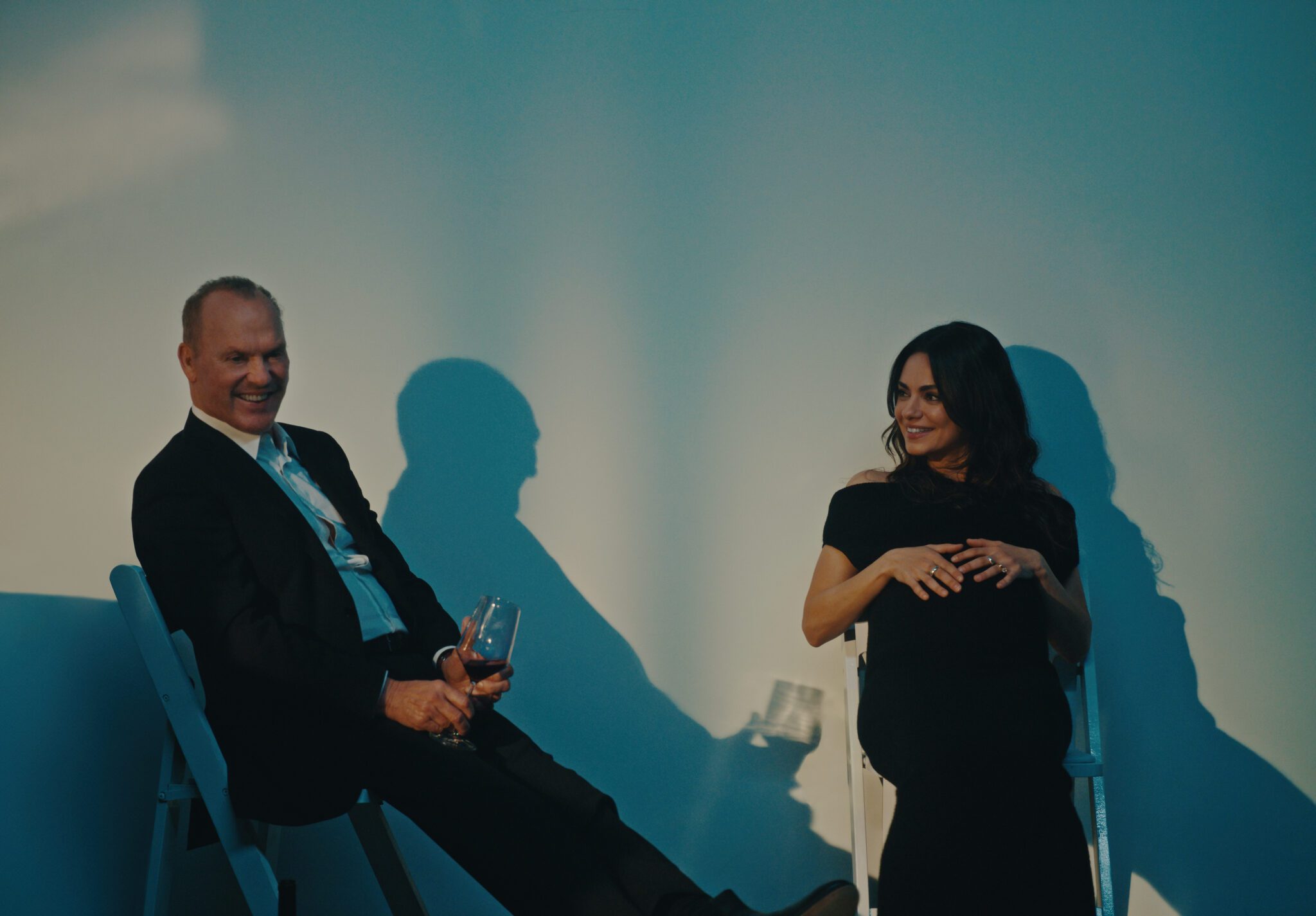In what will be looked upon as one of the most epic modern fails in cinematic history,...
DC
It?s no secret that the DC?s cinematic adventures in recent years have been inconsistent, at best.? While...
The sequel to 2017?s disastrous Suicide Squad, James Gunn?s soft-reboot The Suicide Squad also tells the story of a ragtag...
You could forgive me if I doubted. After years of hearing about the mythological ?Snyder Cut?, there...
What?s your greatest wish? Whether it?s world peace, romance or even just ?more wishes?, everyone has something...
After Joss Whedon?s Justice League failed to catch on with audiences, those committed to seeing Zack Snyder?s...
Widely regarded as one of WB?s greatest achievements, 2017?s Wonder Woman was a landmark film that broke...
Did you see Joker? What did you think of it? In this episode of the Your Sunday...
In a wild left turn for the DC film universe, director Todd Phillips? latest film JOKER takes...
In Joker, failed comedian Arthur Fleck (Joaquin Phoenix) works as a clown to pay the bills and...

